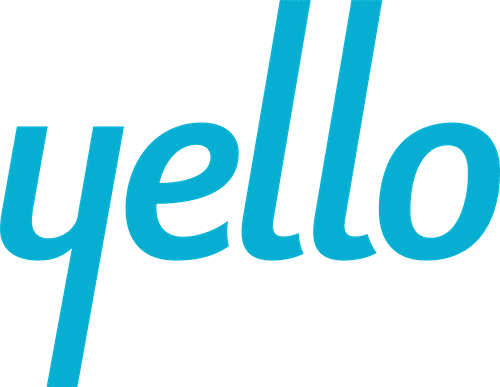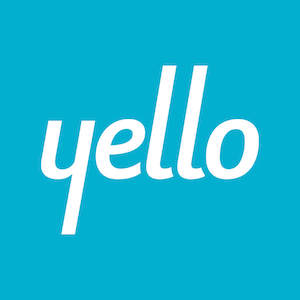A candidate pipeline comes from many sources: job boards, social media, career fairs and more. However, if you want to focus on the source with the most reliable candidates, your employee referral program may be the right channel to focus on this fall. If your current program needs a bit of a refresher, follow these five suggestions to update and improve your current employee referral program.
1. Old process: Employee referral incentives are the same for every position.
New process: Adjust the referral incentives associated with highly competitive positions, such as developers, by increasing the monetary reward associated with these roles. Regardless of the cost, it will always be less expensive than an outside recruiting firm. You know, every company is fighting for the same top talent — reward your employees for referring talented candidates to your company.
2. Old process: Employees only refer first-degree connections, limiting your referral pool.
New process: Take a social approach to referrals. Provide employees with the tools to cast a wider referral net to help fill open positions. Using referral software, employees receive a custom URL associated with each open position so they can share open positions throughout their social networks, expanding the reach of the role. If an employee’s second or third-degree connection applies to a position via the trackable link and ultimately accepts the job, you can monitor this information automatically. Trackability equals scalability as you build up your program; the employee is rewarded, further incentivizing them to continue to share your open positions.
3. Old process: Referrals are sporadic and only occur when employees are reminded, instead of always being in a recruiting mindset.
New process: Implement referral technology to make referring candidates fast, easy and engaging for employees. Providing them with the tools to “shop” your open positions, refer great candidates and watch their referral rewards build, will keep them in an active recruiting mindset and engaged in their referrals’ interview process. Furthermore, offering trainings or a monthly newsletter keeps referrals and rewards top of mind.
4. Old process: Employees submit referrals to the HR department and it becomes of a black hole of information – they don’t know what happens to their candidates.
New process: Provide employees insight into what happens after they refer candidates to your company. Demonstrate where referrals are through every step of the process – from application to offer status. Allowing employees to view the process independent of the recruiting team promotes employee engagement and allows the recruiter to focus on sourcing candidates and making offers, not providing administrative updates as to where candidates stand in the process.
5. Old process: If a referral candidate wasn’t a fit for the role, you lose that candidate for good if he or she isn’t added to a talent community.
New process: Not adding referrals to your talent community can negatively impact your long-term talent pipeline. Referrals are more likely to be strong cultural fits and valuable additions to your pipeline when a more relevant position becomes available. Establish a process that enters every referral candidate in your company’s talent community. According to the 2016 Yello Recruiting Study, 94% of employees would refer their company to a friend. Implementing referral software gives employees the option to directly add referrals to the talent community, even if no relevant positions are open. This will provide you with a robust, engaged talent pipeline to help meet your future recruiting objectives.
Are you looking to update your employee referral program? Learn how our referral software can help ensure you’re always getting the top employee referrals.


